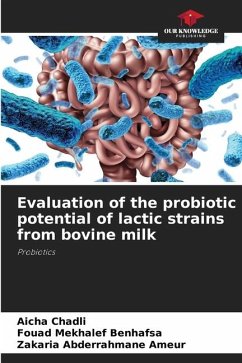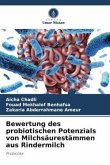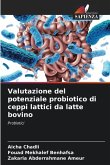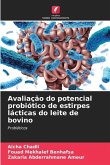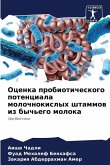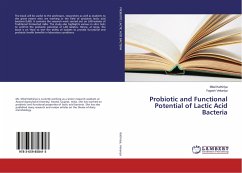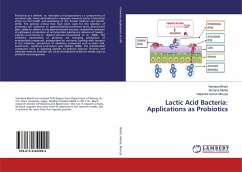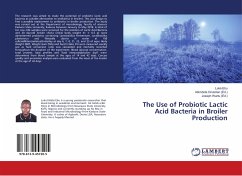The use of lactic acid bacteria in the dairy industry has undergone enormous evaluation in technologically advanced countries, but the exploitation of this type is very limited in certain other countries such as Algeria. This limitation concerns the diversity of products on the market, but also the number of strains introduced into dairy products, and is linked to the constraints posed by lactic acid bacteria. The main aim of the present study is to isolate new lactic acid bacteria from cow's milk and test their probiotic capacity (adhesive capacity, resistance to acidity, etc.). The milk collected from the three farms underwent physico-chemical and microbiological analyses, with satisfactory results. The cow's milk samples were subjected to spontaneous fermentation to enrich their lactic microflora. From 61 isolated strains, only 10 were selected. The results obtained are interesting, making our strains presumptive probiotics, which may play an important role in the gastrointestinal tract and in the inhibition of pathogenic microorganisms.

